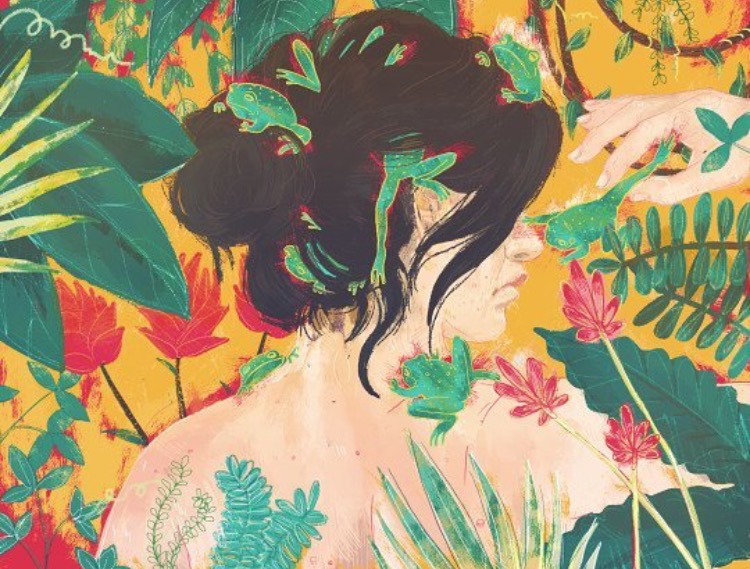
Image by Sachi Mulkey (@voozu)
“Fairness is for happy people, for people who have been lucky enough to have lived a life defined more by certainties than by ambiguities.”
– Hanya Yanagihara, Author of A Little Life
It’s no giant mystery that Boston has a problem with representation across the lines of gender, sexuality, and race – with a clear class tie in. The days of finding more than one POC and/or female identifying person on a randomly selected house show bill aren’t exactly far in the past. As much as we credit those working their butts off to book shows and showcase new talent, sometimes it doesn’t feel like enough.
This is far from just a Boston problem. Historically, Asian Americans are one of the most underrepresented groups in American media; take a peek at the list of AAPI award winners in the arts and it is grim. Our most notable exception? Bruno Mars, an artist who actively appropriates black culture and all but balks at being identified as a half Filipino man.
We don’t occupy any particular US musical market, too othered to be welcomed into pop as more than a novelty and unable to hold claim to hip-hop, despite our aesthetics being a large source of its visual inspiration and contributing artists such as MC Jin, the first Asian American rapper signed to a major label, Awkwafina, starring the upcoming films Crazy Rich Asians and Ocean’s 8, and long reigning rap battle star, Dumbfoundead. The Netflix documentary, Bad Rap, stars the latter two artists and touches upon this phenomenon from the perspective of a black woman. Some of us have been able to sneak up in other genres that buck against traditional values – there is no dearth in newer, national artists to look to for inspiration in indie rock and electronica, including Deerhoof, Japanese Breakfast, Jay Som, Mitski, and Yaeji. Despite that, there still is a lack of central community and belonging that has long evaded us but does not ebb.
The Asian American/Pacific Islander label is one that simultaneously means so much and so little. We are a complex group of people for whom the label ‘Asian’ has both encompassed and collapsed the traditions of so many countries and cultures. With that gives us little unity as a people, outside of what the American consciousness has constructed of a model minority, almost equal to whites but, uh, not. Many of us grew up lacking role models that look at all like us in media, with characters that are more trope than nuanced representation. We know the stereotypes leveled against us, of subservient women or emasculated men, and we combat them as best we can. We acknowledge that our struggle is not that of other minorities, and often times is plagued with colorism in our own cultures. But we’re still asking for you to listen while we tell our stories, to you and to each other, as we find empowerment for ourselves and those who need our support. This is for us but we want to open this door for you to understand and empathize – to see what you can of yourself in our stories but more importantly to listen.
And don’t worry – none of us intend to be very quiet.
If you’re craving more RIGHT NOW, please go check out Jess Wu-o’s zine Queer Azn Musicians. Next week we will be speaking to Olivia West, the booker of API or Die, a festival celebrating the local API artist community taking place March 17th at Makeout Point. We hope to see you there!
Kara Kokinos is a mixed Filipina woman who hails from Massachusetts. Her new series, ‘Creating Space’ will feature various AAPI musicians of Boston as part an ongoing discussion of what it means to belong to the ‘model minority’ in an artistic space and how this community manifests in the Boston music scene. The series will be released on a bi-weekly bias (the one that’s every other week) while she continues to provide music critique, shoot shows, and do freelance work in film. If you have any questions, comments, critiques, or want to pitch an artist for ‘Creating Space,’ please reach out to her at karakokinos@gmail.com.
